Last updated: April 18, 2023
My friend asked me to go to a mixed-sale horse auction to find a barrel racing prospect. Of course, I agreed; I love going to auctions! Choosing a horse at auction is an exciting and daunting task. If you prepare correctly, you could end up with the perfect horse. But if you don’t, you might end up getting a headache!
Critical tips for buying a horse at auction:
- Review the sales catalog beforehand and arrive early to examine horses in their stalls.
- Know the bidding rules and register.
- Have a budget.
- Bring someone with you who knows what they’re doing.
- Don’t fall in love with a horse.
Every year, thousands of horses are sold at an auction. Whether you’re a first-time buyer or an experienced horseman, there are some important tips to keep in mind when bidding on a horse. Here’s what you need to know before buying your next horse!
Horse auctions basics
We all know that horses are an integral part of our culture and economy. A horse auction can be a place where horse enthusiasts, buyers, sellers, trainers, and breeders come together to find the best deal on a great animal or to purchase one.
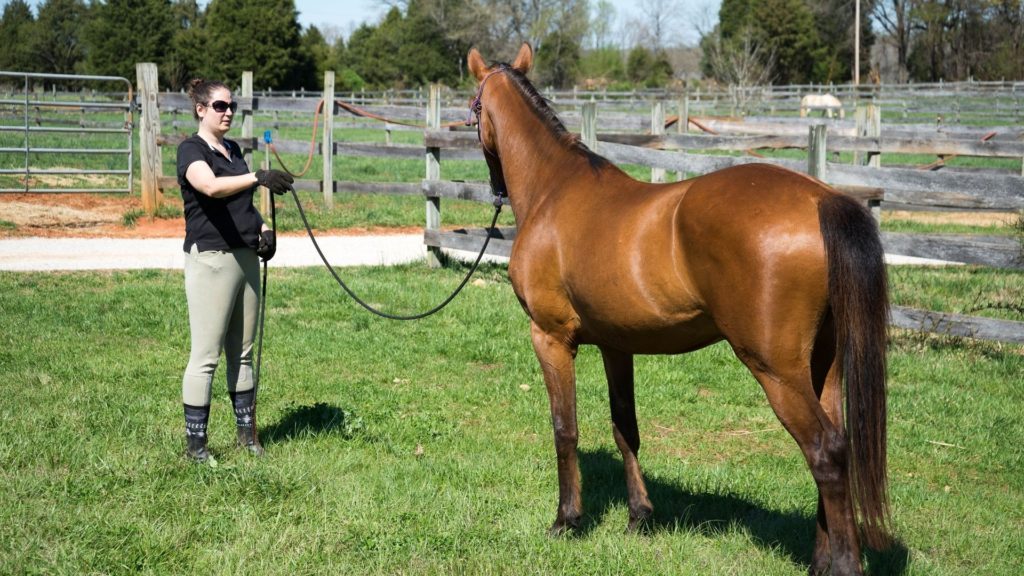
Horse auctions are a highly profitable industry that is often misunderstood. They offer an exciting and rare opportunity to buy horses, sometimes for very low prices. 2021 Kentucky Derby winner Medina Spirit, sold at the Ocala Breeders’ Winter Mixed Sale in 2019 for only $1,000.00.
Buying a horse at auction is not as easy as it sounds, and there are many considerations you need to make before you choose to go. If you have never been to an auction before or haven’t bought a horse in the past, it’s essential to understand the basics of horse auctions.
This article is designed to provide basic information about how horse auctions work and detail common auction types like yearling sales, two-year-olds in training, and mixed sales auctions to help you understand and prepare for your first auction.
Types of horse auctions.
Horse auctions are a great way to buy horses. The most common types of horse auctions are:
- Yearling sales auctions
- Two-year-olds in training auctions
- Mixed sales auctions
- Open animal auctions
- Specific breed auctions
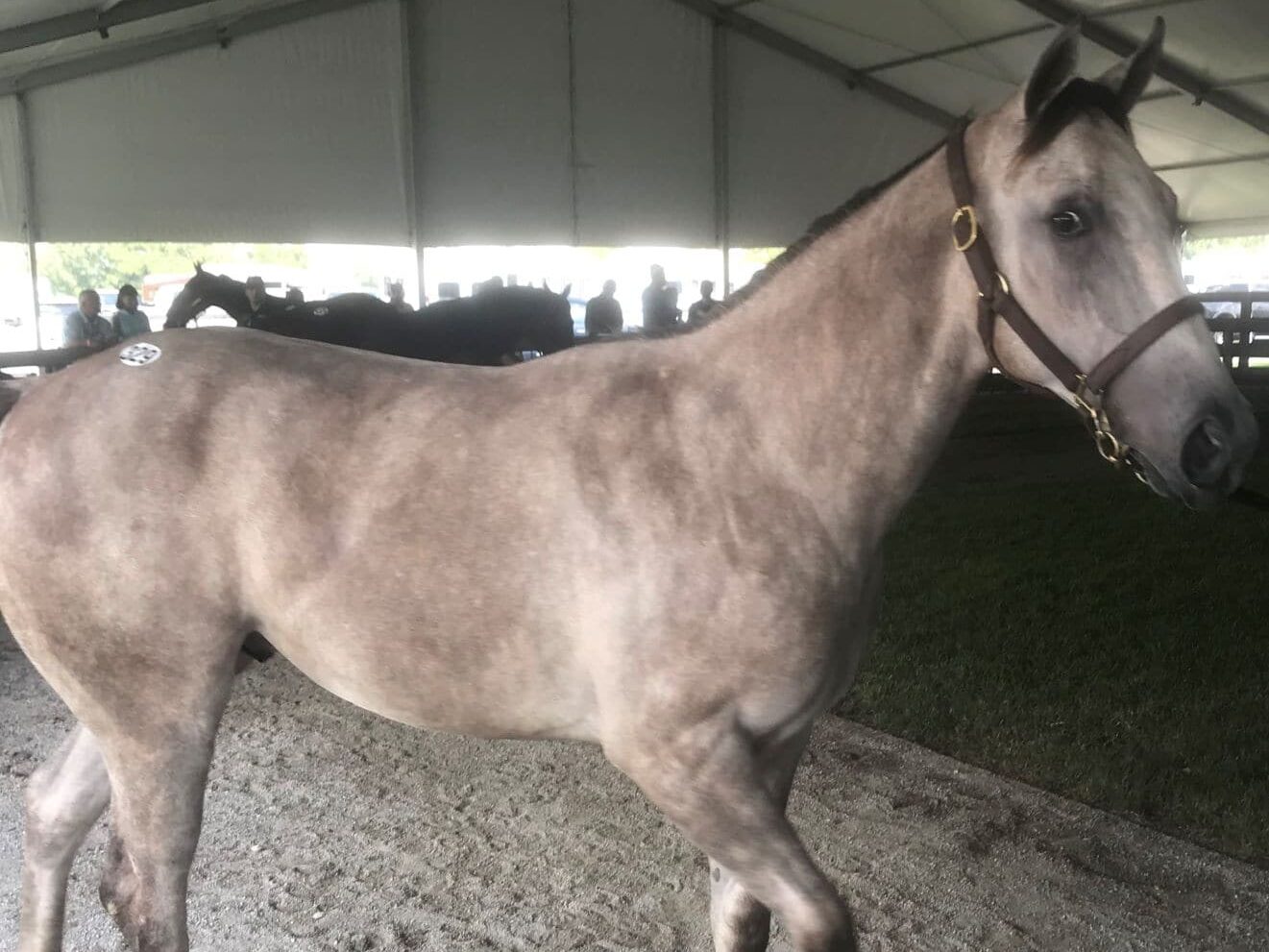
Yearling sales auctions
The yearling sales auction is a colorful event and an exciting day for horse lovers. Yearlings are horses that have not reached their second birthday. The horses at the sale may be colts or fillies, and they will be in various stages of training before being sold.
The Keenland Yearling Sale is a prestigious horse auction that takes place each September in Lexington, Kentucky. The horses go for millions and are the best-bred yearlings in the world. Last year’s sales topper was a colt that sold for 2 million dollars.
I’ve had some great success buying racehorses at yearling auctions in Louisiana. My favorite horse was a bay filly that I purchased for $2,500, and she ended up earning over 100 thousand dollars before retiring as a broodmare! You can find some real deals too.
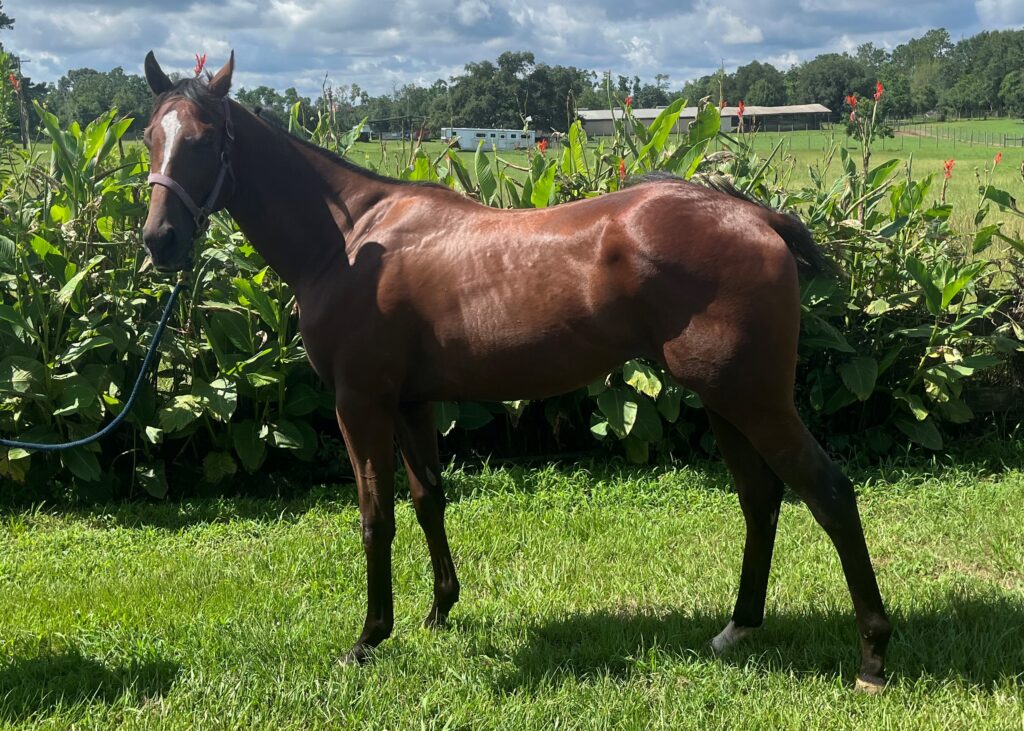
Two-year old’s in training auctions
A two-year-old in training sale is pretty well described in its name; they are two-year-old horses with some training under the saddle. At these sales, the horses are typically worked so prospective buyers can watch them run before bidding. I’ve never bought a horse at a two-year-old in training auction.
It’s an excellent opportunity to buy a young racehorse that you know can run, but very few superior horses go under the radar. In other words, bidding wars for the best horses are inevitable.
As I pointed out earlier, the Kentucky Derby winner was bought at a mixed sale auction for just $1,000.00. The following year he was sold at a two-year-old in training auction for $35,000, not a bad profit, but finding a horse of this caliber for such a low price is rare.
Mixed sales
Mixed sales auctions are auctions where you can buy all types of horses, mares, fillies, colts, geldings, and stallions. Owners also sell mares and foals as a package at these auctions.
I love mixed sale auctions, even though I had a bad experience at the last one. When you’re at an auction, remember that many people are watching and listening to what you say and how you act-so; make sure you’re discreet!
I traveled to Oklahoma on a quest for the perfect broodmare; there were a couple I marked in the sales catalog I had a particular interest in. When we arrived, I found the horse I wanted in one swift glance: she had an elegant presence that instantly drew us in-and she had a foal by her side!
I was looking at the horses in their stall when an acquaintance approached me and asked why I liked it so much. He then told me about some issues he heard about that this mare has, so I should reconsider buying her.
I was devastated when I learned that the person who told me to stay away from the mare had actually bought her. The pain I felt was not just because of losing a valuable animal but also from learning how deceitful people can be.
Mixed sales auctions are where you can buy different types of horses. Sometimes we place a bid, but we don’t always win. We just like to watch the horses and see what they look like, and it’s a way to keep up with the prices of racehorses; sometimes, they get cost-prohibitive.
Open animal auctions
Near us, and likely in most rural communities, there is an animal auction that sells all types of farm animals, goats, pigs, cows, and horses. Ours is held every Wednesday. There are typically a few older or unregistered horses sold each week.
You can find some great deals at these auctions. My son-in-law bought an unregistered gelding we estimated to be about ten years old with good conformation for $200. He has been a reliable trail riding horse and is often used to work cattle.
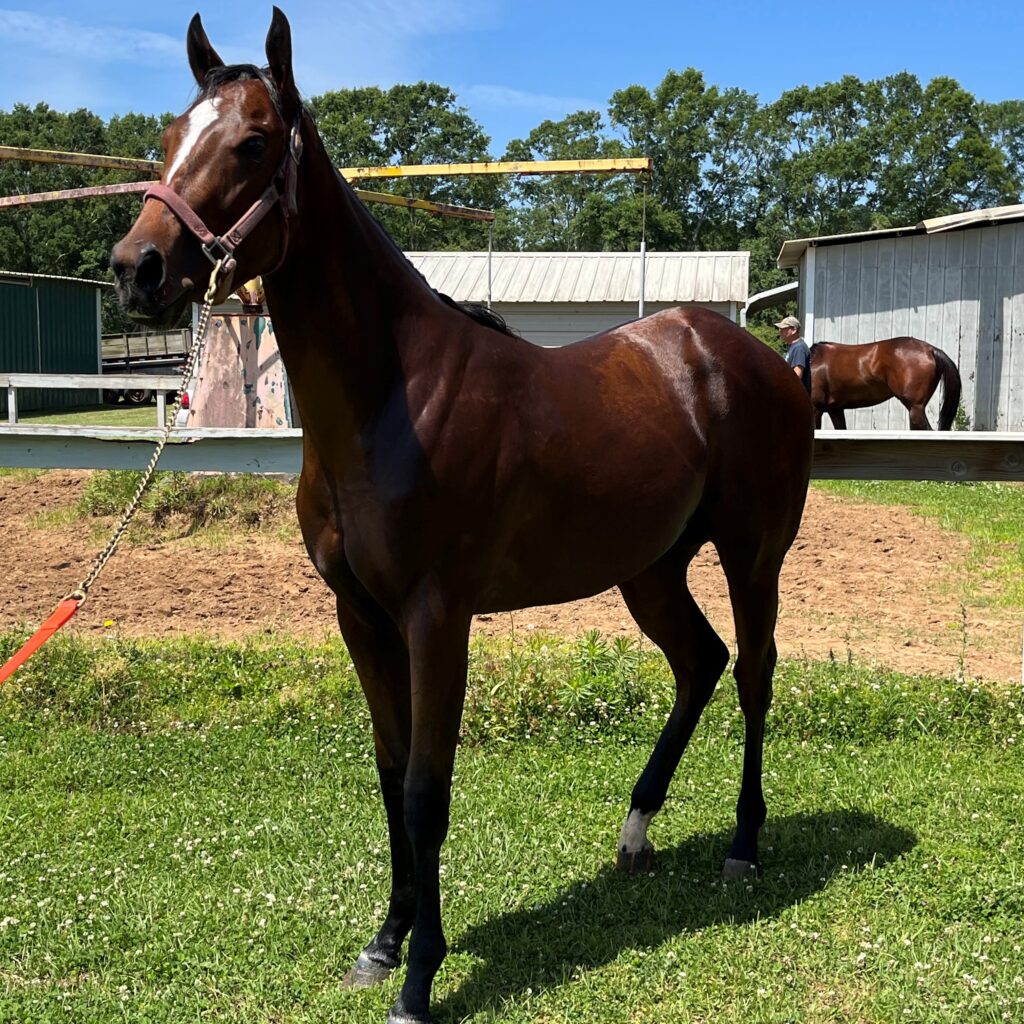
Preparing for the auction.
If you plan to attend your first horse auction, there are a few things to consider. You need to know what type of horse(s) you want to purchase before arriving at the auction site. There are typically lots of horses at an auction, and you won’t have time to see all of them before the bidding begins.
Secondly, be sure to arrive early to register and fill out any necessary paperwork. Finally, if possible, bring someone with you who has experience shopping for horses so they can help answer any questions that might arise during the bidding process.
Choosing a horse for your activity.
There are a few things that you should consider before buying a horse: what equine activity do you want to take part in, dressage, barrel racing, or trail riding? Do you want a mature horse rather than a young one?
What sex would best suit your needs (mare, gelding, or stallion)? Deciding what type of horses is appropriate based on age, breed, and color/sex preferences will help you narrow your choices and let you focus on relevant horses.
Learn about the auction process.
Contact the auction and ask about the requirements to bid, do this as soon as you’ve decided to attend. Some make you verify your bank account before registering, and some may only accept specific payment types.
The last thing you want to happen is to show up excited for the auction and learn you don’t have the proper documents to participate. It would be best if you also learned about registering. Do you need to pre-register, or can you register on-site? What kind of identification is required? Do you need a license to bid?
Show up early and look at the horses.
Most auctions send out a sales catalog with all the horses. The catalog provides a lot of helpful information, such as the horse’s pedigree, color, age, and hip number. Spend time reviewing this and mark the ones that catch your interest.
Owners typically bring their horses to the auction one or two days before the actual bidding begins. During this time, prospective buyers can check out the horses. If you plan to bid, you should see the horses in their stalls before the auction starts.
I always ask the owner or the groom to take the horse out of its stall. I want to see how the horse acts when it’s on a lead rope, how it moves, and what kind of manners it has. Plus, the light is always better outside during the mornings.
Once the horse is outside, rub its legs, pick up its feet, and give the horse a good going over. You’ll see a lot of other potential buyers doing the same. It’s a busy time around the auction barns, but it’s also a great place to meet like-minded people and see old friends.
We typically get a hotel room nearby and spend time visiting and looking at horses a day or two before the bidding begins.
Conformation is critical
When you visit the stall, check the horse’s conformation and watch how they move. If you’re not familiar with a breed’s ideal conformation, go to the library or search the internet and learn.
Horses are built differently in order to accommodate their different purposes, and these differences can affect how well they perform. For example, there is a standard angle for shoulder and pastern angles that allows them to best move freely without injury.
There also needs to be consideration given towards back length versus neck length and height of its withers; irregular conformation must fit within certain parameters, or the horse may not hold up for riding.
But not all horse breeds conformation standards are the same; racing thoroughbreds are shaped differently from draft breeds. Correct conformation in horses is vital, so rely on an experienced horseman to help you choose a horse.
Horse owners are notorious for drugging hot horses before an auction. If you suspect a horse is sedated, check its eyes and make some movements around the horse’s head to see its reaction. Strike off from your list any horse you think maybe drugged.
Also, look for signs the horse is a cribber, check its teeth and look for signs in the stall that may reveal the horse has recently been chewing on anything.
Set a budget and stick to it.
Before you ever make it to the auction, sit down, figure out how much you have to spend, and don’t exceed this amount. When the bidding starts, it’s easy to get pulled into the moment and spend more than you can afford. Check around and have an idea of how much horses cost before attending an auction.
The bidding process.
Bidding can be a bit intimidating and stressful at first, but with some tips, it’s easy! When you go to an auction, there are several things you need to know in order to bid successfully. There isn’t a bunch of rules, but there are a few things you should know.
First, position yourself where the auction house employees will notice you. There are typically a few workers walking around and acknowledging bidders for the auctioneer, be sure you are near one when you bid. Pay close attention to other bidders, and don’t forget your budget.
If you win a bid, an employee will walk over and get your name and registration number. Be aware that all sales are final, so if you are the winning bidder, the horse is yours, and you have to pay for it. Once the auction is over, you take possession of the horse and have to arrange its transportation away from the auction stalls.
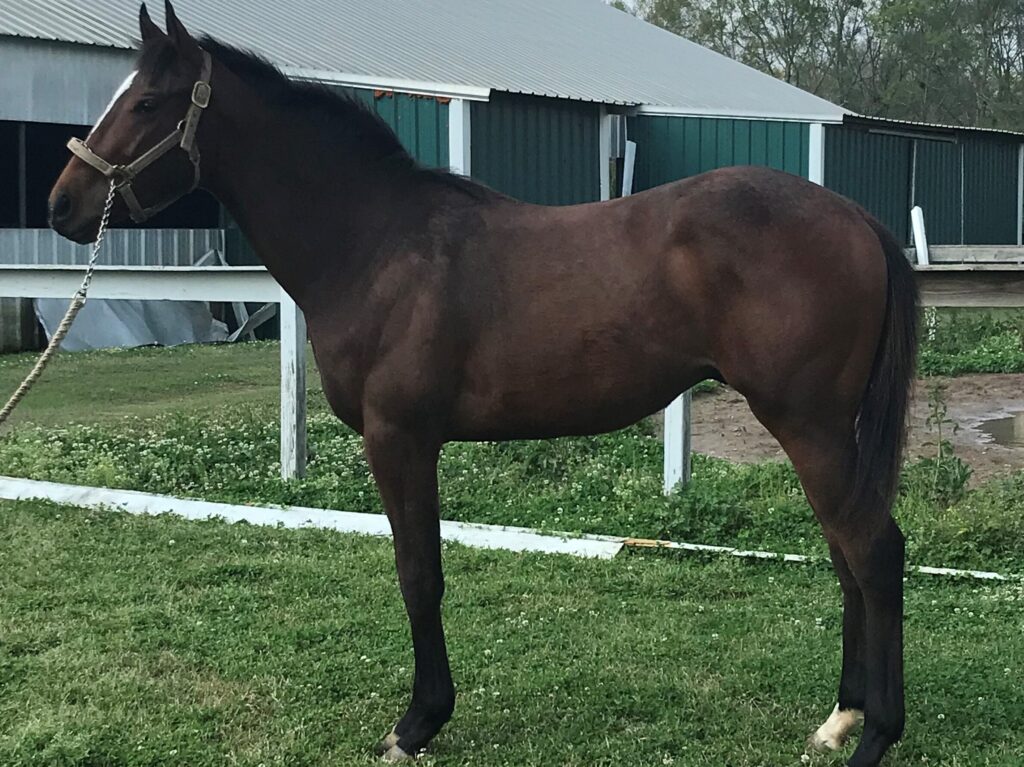
How much do horses go for at auction?
Horse prices at auctions vary greatly, and there are many reasons why. Some common factors that set a horse’s price are its breed, age, training, and pedigree. The location also plays a role in the cost of horses; some regions have a greater demand for certain types of horses and pay accordingly.
In general, if you’re looking to buy a horse at auction that has decent conformation, some training under saddle with fair pedigree, expect to pay around $5000.
“Kill buyers” influence horse prices at auction. These individuals bid on horses based on their weight to sell them to slaughterhouses in Mexico or Canada., Currently, they pay about .25 per pound and are often the successful bidders for older or unregistered horses.
There are organizations set up to combat “Kill buyers” and save horses from the slaughterhouses, such as Horse Plus Humane Society. These brave souls work tirelessly, often at a great personal expense, in order to help these animals escape a life of misery and death.
They are a full-service horse welfare shelter that supports those who want to help by adopting a horse. They seem to be a great organization, and I encourage you to visit their website for more information about their programs.
Internet horse auctions.
One fastest-growing way to buy and sell horses is through online auctions. There are many benefits to this type of auction, but you should be aware they have risks and consider them before bidding.
I’ve never participated in an online auction. Still, these are some of the precautions I would take before buying a horse off the internet: Review the picture carefully and contact the seller for recent photos of specific areas of concern.
Ask questions about the horse’s medical history and get the vet’s name that treats the horse. If I’m going to spend more than $500, I would hire a local vet from the area to check the horse thoroughly for me.
Most reputable auctions allow vet checks before bidding begins, and if an owner is reluctant to provide information or doesn’t want an exam of his horse, I would avoid it.
If you’re looking to buy a horse but don’t know where to start, try the Internet. While there is always some risk in purchasing an animal without seeing it firsthand, researching will go a long way toward reducing that risk and finding the perfect match for you.
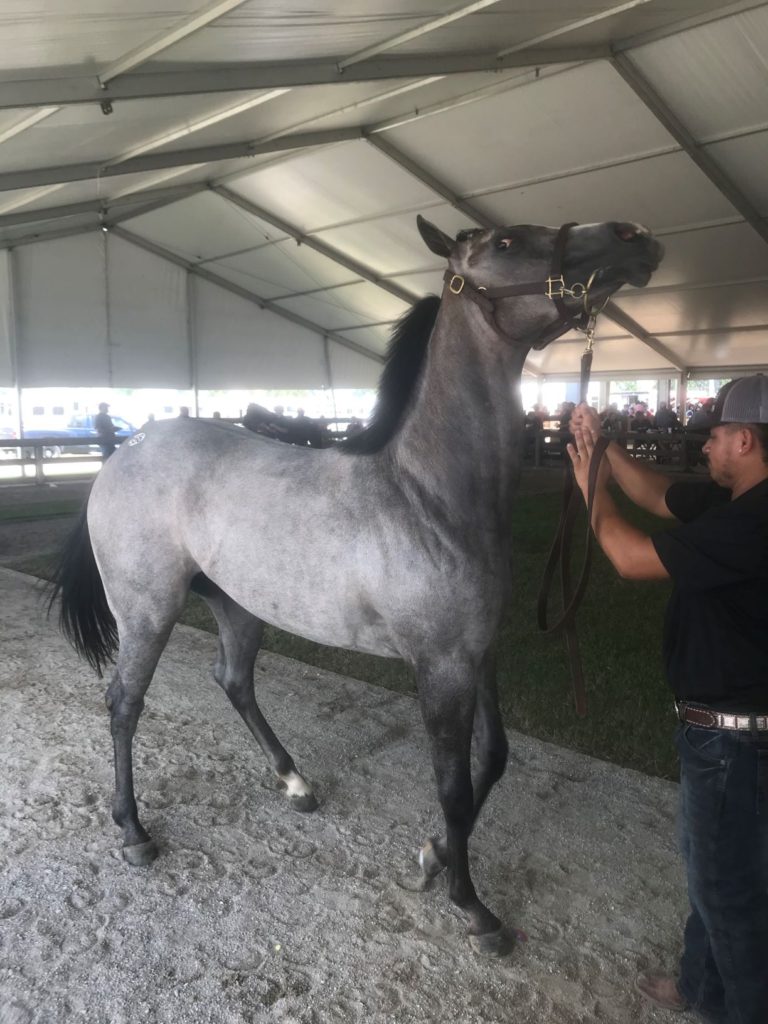
Conclusion
The auction process can be confusing without proper knowledge of what you’re doing. With the information in this article, you have the basic information you need to bid and enjoy your auction experience! But, even with this information, I suggest you go to a couple before buying so you get a feel for the process.
Below is a YouTube video that provides information about buying horses at auction.
FAQ
How do you pay at an auction?
Most auctions accept checks, cash, or credit cards. If you pay with a check, the account is verified to contain available funds before being accepted. At one auction, they contacted my bank to verify how long my account has been open and its balance before approving my registration.
What are typical auction fees?
Auction fees are typically 6-10% of the horses’ sale price, and the seller pays it. If you put a reserve price or buy back your horse, you still have to pay a fee, but it may be reduced.

About the Author: Miles Henry
Lifelong Horseman | Racehorse Owner | Published Author
Miles Henry brings over 25 years of hands-on experience training and owning Thoroughbred racehorses. Raised with Quarter Horses and Appaloosas, he’s spent a lifetime learning from horses—on the track, in the barn, and in the field. Today, he runs a small but successful racing stable in Louisiana and shares real-world insights on HorseRacingSense.com, helping horse owners, fans, and bettors navigate the sport with confidence.
📚 Books: View Miles’s books on Amazon »
🎧 Podcast Guest: Animal Tales Ep. 32 |
YouTube Interview
📩 Newsletter: Sign up for racing tips and horse care advice »
🔗 Follow Miles:
Twitter |
Facebook |
YouTube


